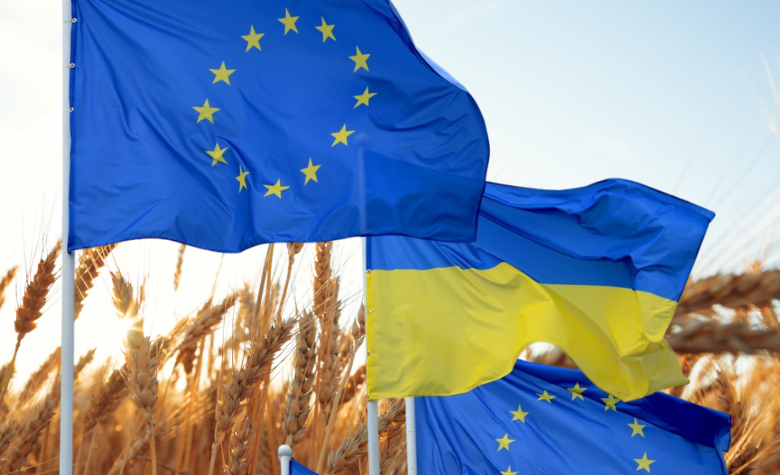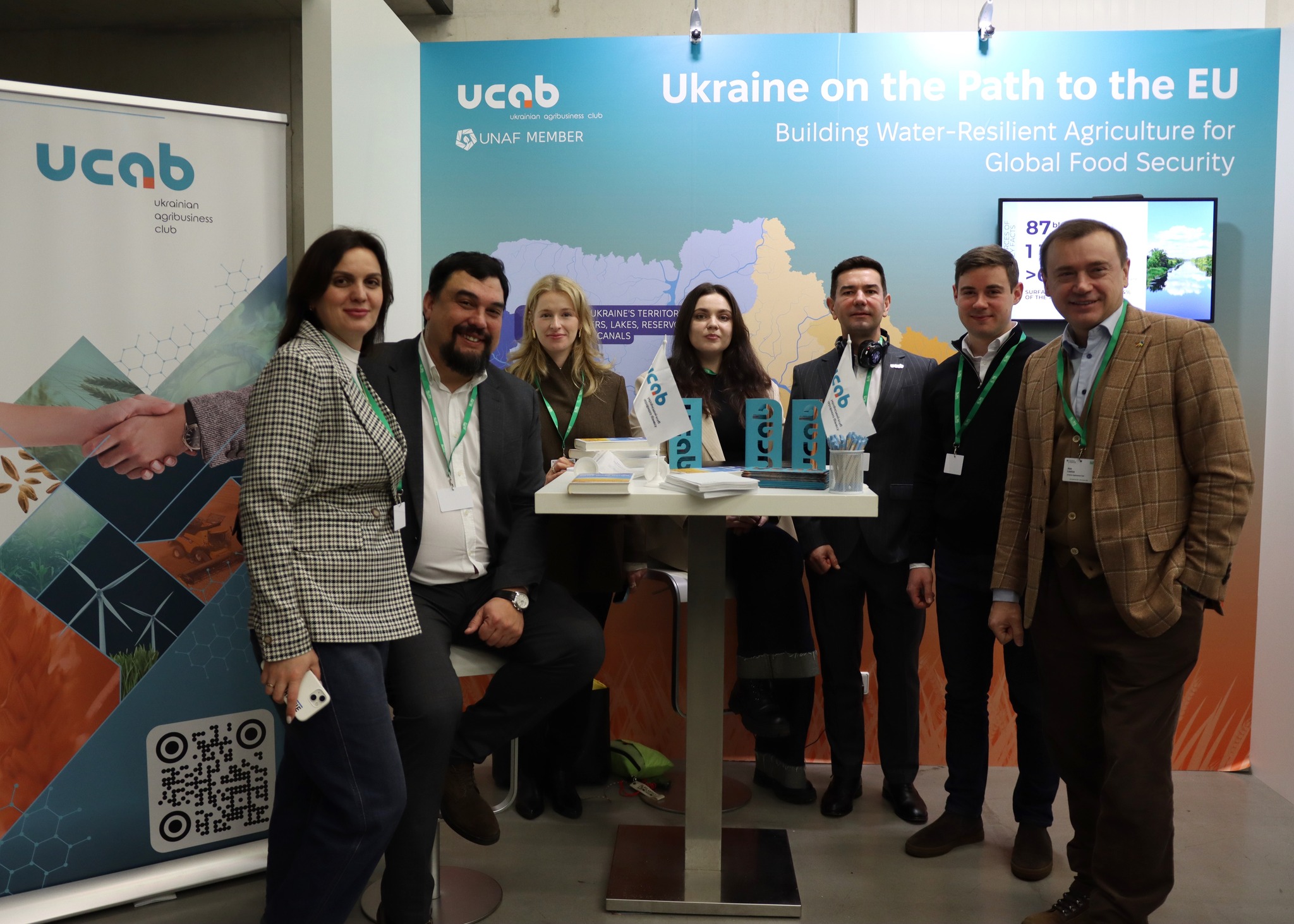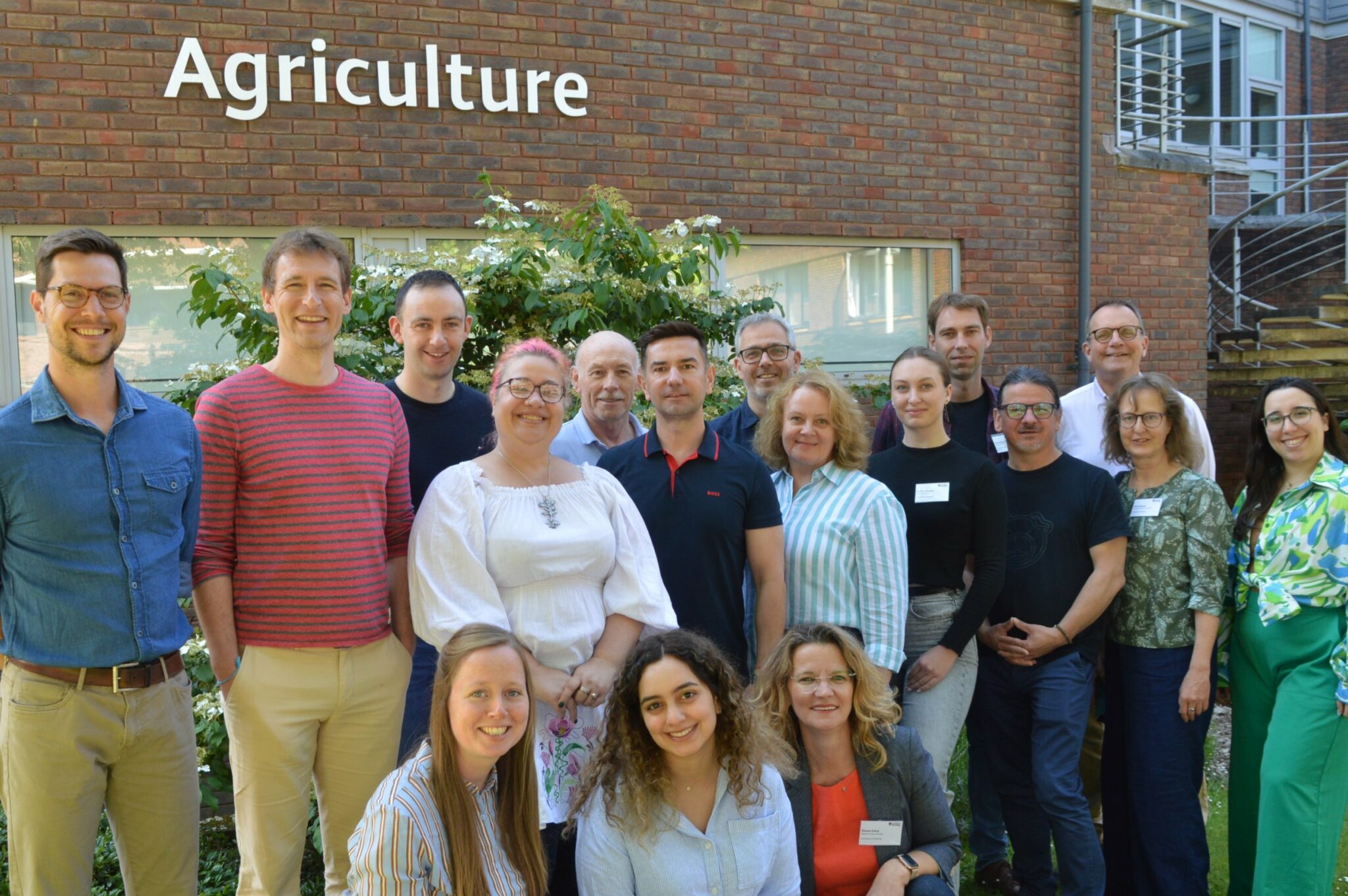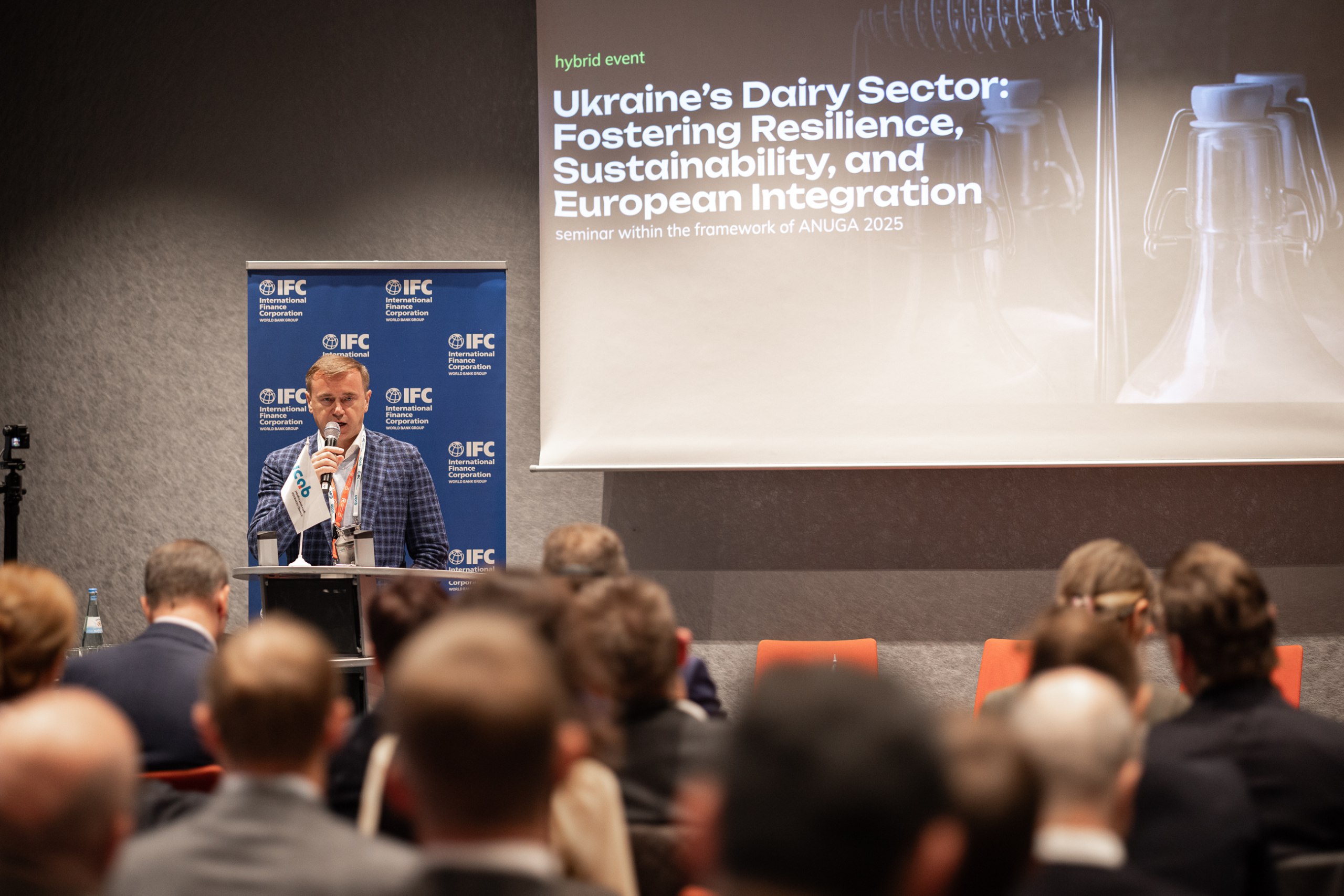
“Ukraine’s agriculture should be recognized as an asset to Europe’s strategic autonomy contributing to stability and food security under a clear, evidence-based and mutually beneficial partnership”, – noted Oleksandra Avramenko, Head of the European Integration Committee of UCAB during the online discussion “EU-Ukraine Arrangement to Liberalize Agrifood Trade: What’s Next?”.
Ukrainian agriculture has long been a cornerstone of national resilience. Before the full-scale russian invasion, the sector generated around 40% of the country’s foreign export revenues. Today, that share has grown to roughly 60%, underscoring its strategic importance for macroeconomic stability and food security.
The updated trade arrangement, agreed in October 2025 by the EU–Ukraine Association Committee in Trade Configuration, concluded a complex period of trade negotiations under the Association Agreement between Ukraine and the EU. Since its launch in 2016, the DCFTA has shaped Ukraine’s access to the EU market, but the time had come for a substantial review. Article 29 of the Agreement foresaw such a revision after five years – a process that, due to the war, was delayed but finally resumed in 2025.
During the first years of the invasion, the EU adopted unprecedented Autonomous Trade Measures (ATMs), suspending all import tariffs and quotas on Ukrainian goods. This was an act of solidarity that allowed our exporters to maintain access to the European market when traditional trade routes were under attack. These measures, however, were temporary and expired in mid-2025. The revised trade deal reintroduces tariff-rate quotas (TRQs) for a number of sensitive products such as corn, poultry, eggs, sugar and honey, but also returned the TRQs for not sensitive but processed Ukrainian products like flour and milk products.
While we understand the sensitivities of the EU agricultural sector, for Ukraine this change means a tangible contraction of exports. During the first ten months of 2025, total agri-food exports fell by nearly €1.8 billion compared to the same period of 2024, of which €1.7 billion reflects the decline in trade with the EU.
This downturn affects not only grain and raw materials but also processed products such as processed grains, sugar and confectionery, meat and fish preparations, and vegetable meals from sunflower and soybeans. These are the very segments that demonstrate Ukraine’s growing capacity to move up the value chain – to export not just commodities but higher-value goods that meet European standards.
Agriculture has always been a politically and socially sensitive topic across the world. The European Union’s Common Agricultural Policy exists precisely to protect and stabilize rural economies. Yet Ukraine should be seen not as a competitor but as a complementary and stabilizing partner. As one of the EU’s closest neighbors and now a candidate country, Ukraine contributes directly to Europe’s food security and supply-chain resilience.
We fully share the European vision of sustainable, rules-based agricultural trade. The Ukrainian agribusiness community continues to adopt EU-aligned standards on food safety, animal welfare, and environmental protection. This is not just a legal obligation under the Association Agreement – it is a strategic investment in our shared future within the European family.
However, the challenges we face are enormous. Redirecting exports to third markets is extremely difficult amid war-related disruptions. The stability of the Black Sea ports remains limited, and insurance costs for maritime shipments have skyrocketed because of war risks. Competing with exporters from other regions, including Russia, who enjoy unrestricted access to logistics and lower transport costs, places Ukrainian producers at a structural disadvantage.
To mitigate these challenges, we look to our partners in the EU for pragmatic support measures – particularly to help Ukrainian exporters re-enter traditional markets and sustain logistics through fair insurance schemes, infrastructure cooperation, and transparent safeguard mechanisms.
Ukraine’s agrarian sector has always demonstrated determination, adaptability, and creativity. We are ready to do our part – to continue reforms, uphold European standards, and strengthen the foundations for full EU membership. What we ask from our partners is a predictable, evidence-based dialogue and the recognition that Ukraine’s agriculture is an asset for Europe’s stability and food security, not a threat.
The full online discussion is available at the following link: https://www.youtube.com/watch?v=rBeBLCwG4mE





